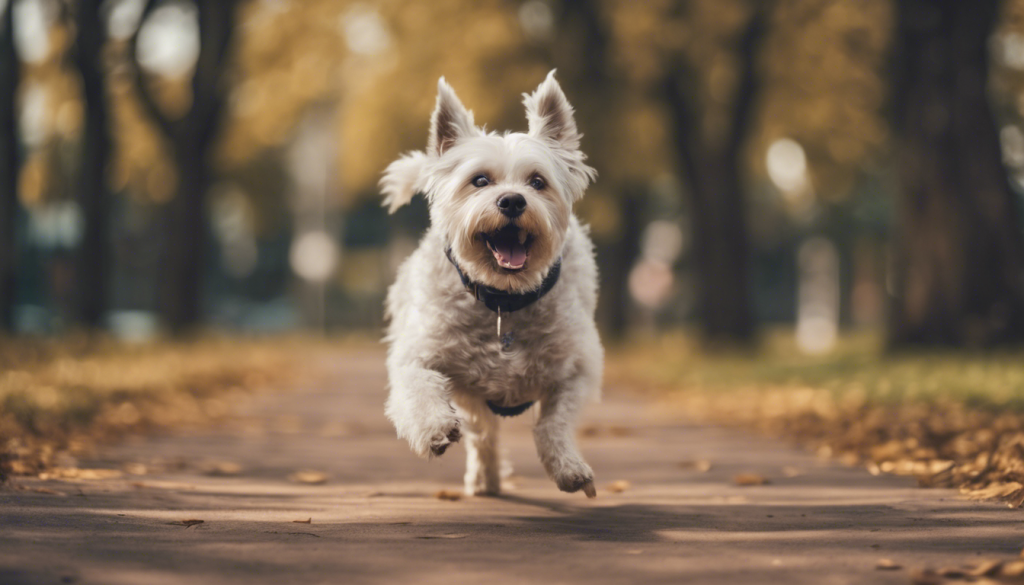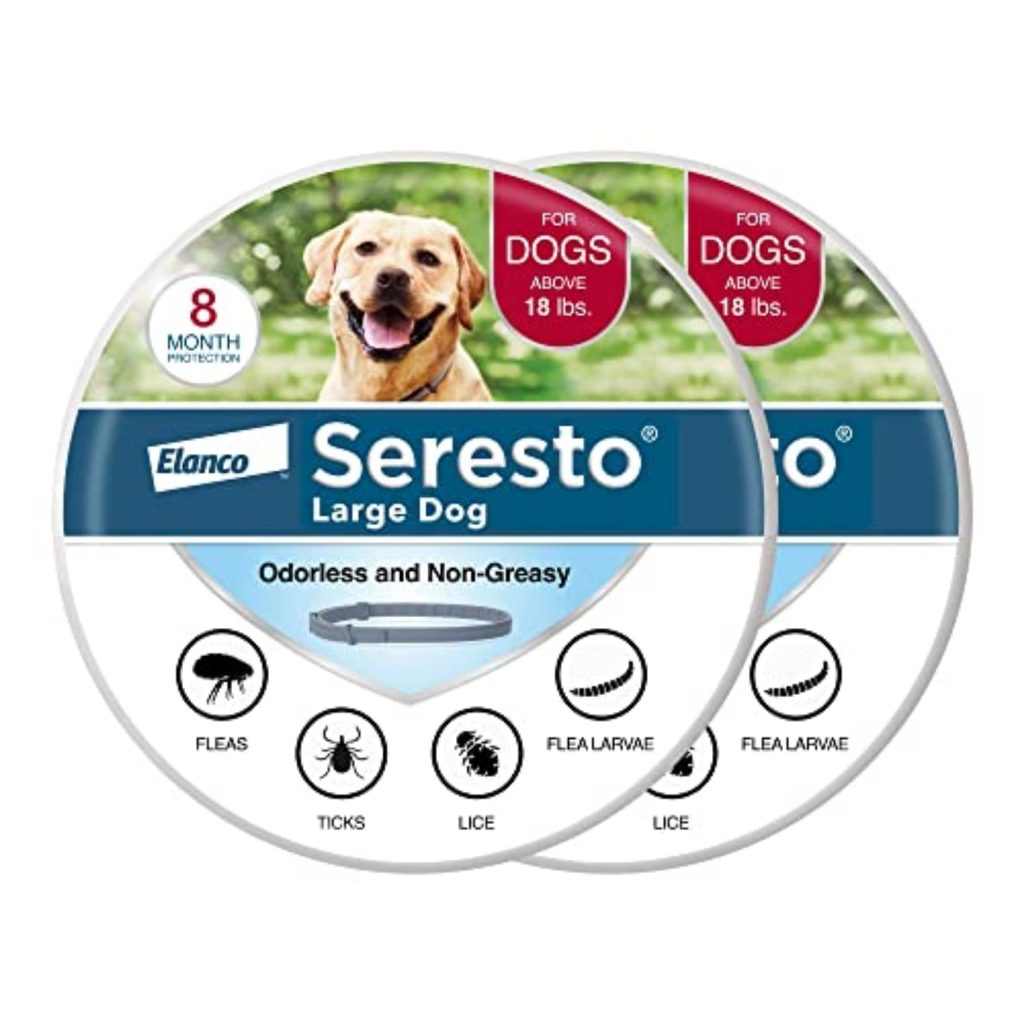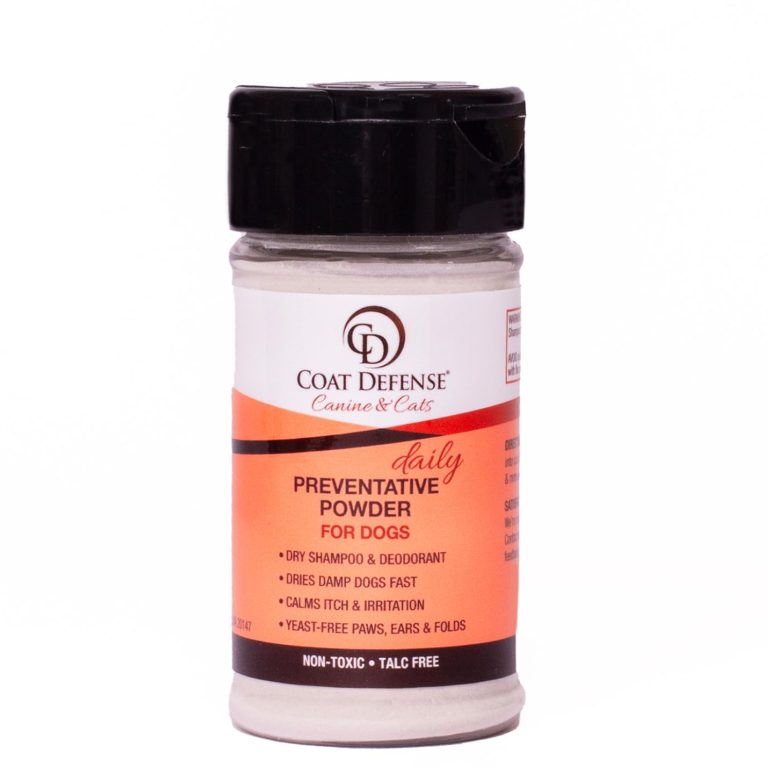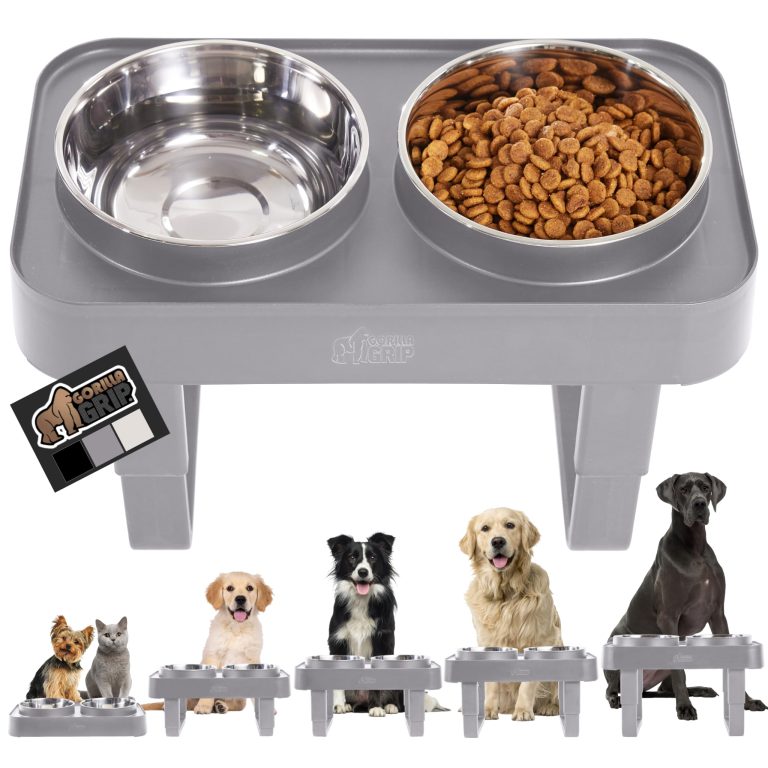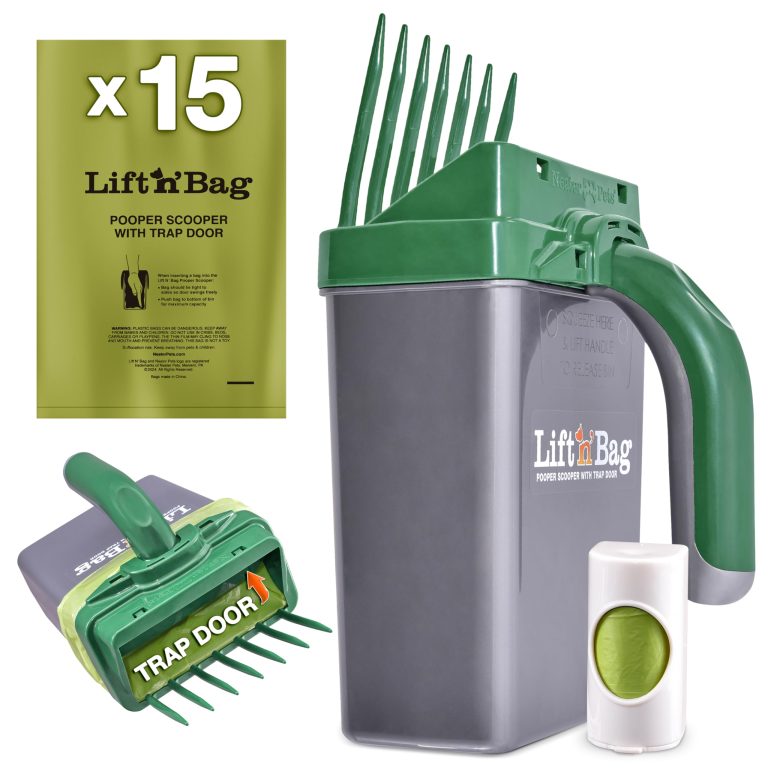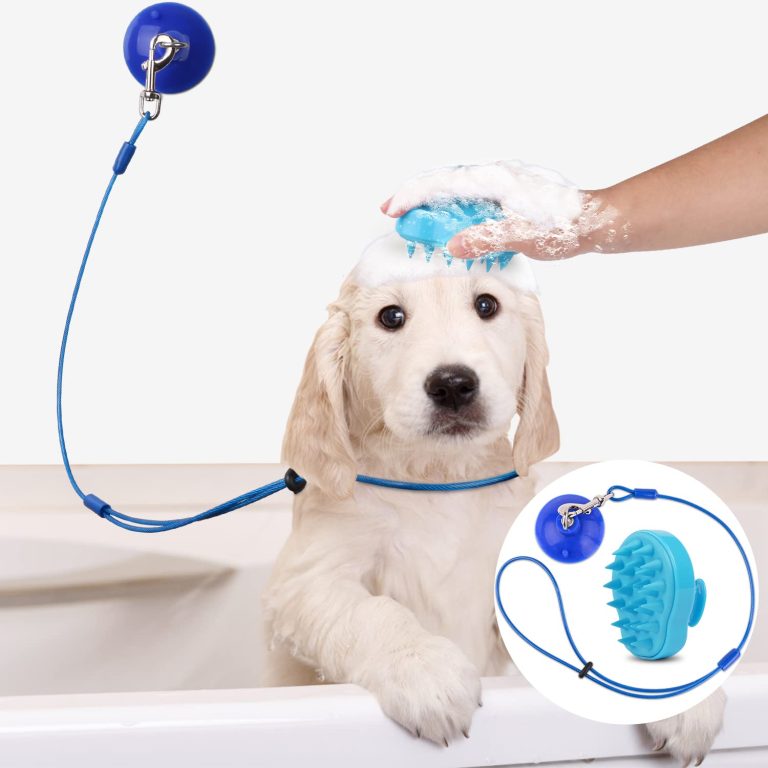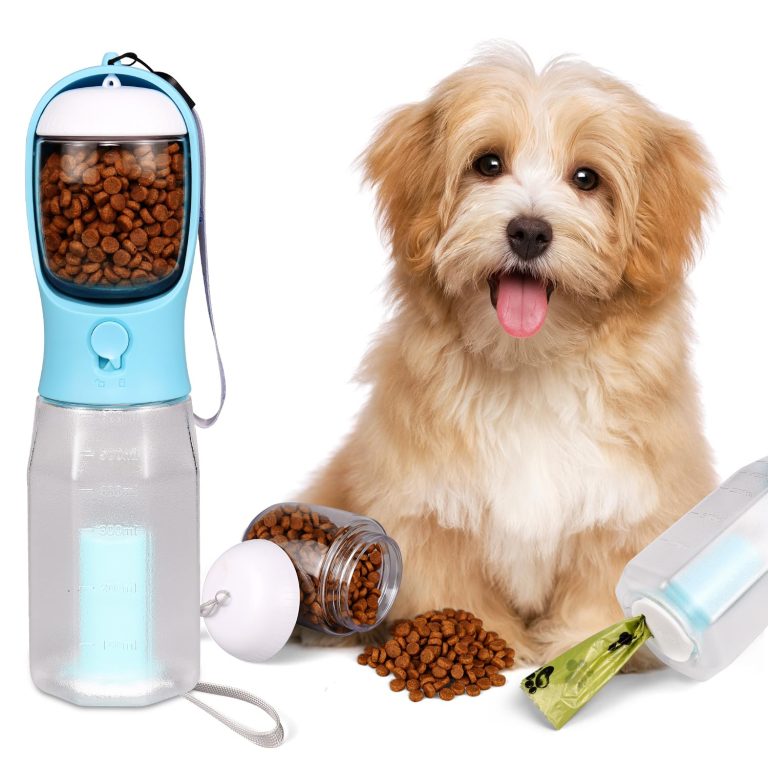The Ultimate Guide to Dog Dental Care
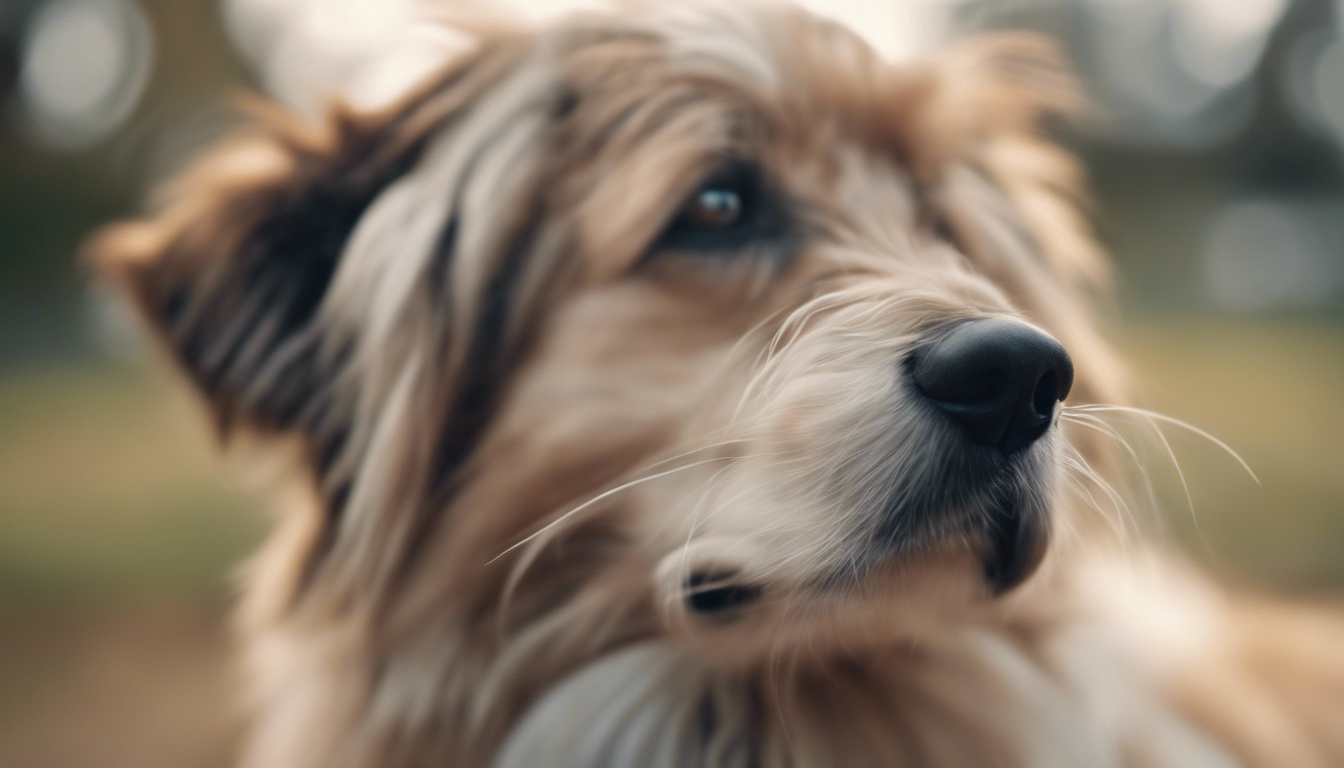
Dog Dental Care: Ensuring the Health and Well-being of Your Canine Companion
Exercise Requirements for Dogs: Keeping Them Active and Fit
Regular exercise is vital for maintaining your dog’s overall health and well-being. Dogs require daily physical activity to prevent obesity, maintain muscle tone, and stimulate their minds. The exercise needs of individual dogs vary depending on factors such as breed, age, and size. Engaging in activities such as walking, running, playing fetch, or participating in canine sports can help meet your dog’s exercise requirements.
Common Health Issues and Their Treatments: Identifying and Resolving Problems
Despite our best efforts, dogs may sometimes experience health issues. It is important to be aware of common ailments that can affect dogs and their potential treatments:
- Ear Infections: Regularly checking and cleaning your dog’s ears can help prevent infections. If an infection occurs, consult a veterinarian for appropriate treatment.
- Fleas and Ticks: Regularly use flea and tick prevention products to safeguard your dog from these pesky parasites.
- Digestive Issues: Maintaining a balanced diet and feeding at regular intervals can help prevent digestive problems such as diarrhea and constipation.
- Allergies: Identifying and managing food or environmental allergies can help alleviate discomfort for your dog. Consult a veterinarian for guidance.
- Arthritis: As dogs age, they may develop arthritis. Providing joint supplements, a comfortable bed, and moderate exercise can ease their pain.
Dental Care for Dogs: Enhancing Oral Health and Fresh Breath
Giving proper attention to your dog’s dental health is essential. Neglected oral hygiene can lead to various dental issues and uncomfortable conditions. Here are a few tips for maintaining your dog’s dental health:
- Regular Brushing: Brush your dog’s teeth with a dog-friendly toothbrush and toothpaste. Start slowly and make it a positive experience for your dog.
- Dental Chews and Treats: Offer dental chews and treats specifically designed to reduce plaque and tartar buildup.
- Professional Dental Cleanings: Schedule regular check-ups and cleanings with a veterinarian to address any underlying dental problems.
Age-Related Health Changes: Adapting to Your Senior Dog’s Needs
As dogs age, their health needs change. It’s important to be aware of age-related health changes and modify their care accordingly:
- Joint Care: Provide joint supplements and adjust exercise routines to accommodate any arthritis or mobility issues.
- Diet Modification: Adjust your senior dog’s diet to suit their changing nutritional requirements. Address any weight management concerns.
- Vision and Hearing: Keep an eye out for signs of deteriorating vision or hearing, and seek veterinary advice if necessary.
Mental Stimulation: Keeping Your Dog’s Mind Sharp
Just like humans, dogs need mental stimulation to prevent boredom and maintain cognitive health. Here are some activities to keep your dog’s mind sharp:
- Puzzle Toys: Offer interactive puzzle toys that challenge your dog’s problem-solving skills.
- Training and Tricks: Engage in regular training sessions to keep your dog mentally engaged and strengthen your bond.
- Scent Games: Hide treats around the house or play scent-based games to stimulate your dog’s sense of smell.
Preventive Care: A Foundation for a Healthy Life
Preventive care is important for maintaining your dog’s well-being. Some essential preventive measures include:
- Vaccinations: Stay up-to-date with your dog’s vaccination schedule to protect against common diseases.
- Parasite Prevention: Use flea, tick, and heartworm prevention products regularly.
- Regular Veterinary Check-ups: Schedule routine check-ups to detect potential health issues early and receive necessary guidance.
- Proper Nutrition: Feed your dog a balanced diet appropriate for their age, size, and specific dietary needs.
Remember, providing comprehensive care for your dog involves attention to their physical and mental needs. Regular exercise, dental care, age-specific adjustments, mental stimulation, and preventive measures are all integral to promoting a long and healthy life for your beloved canine companion.
